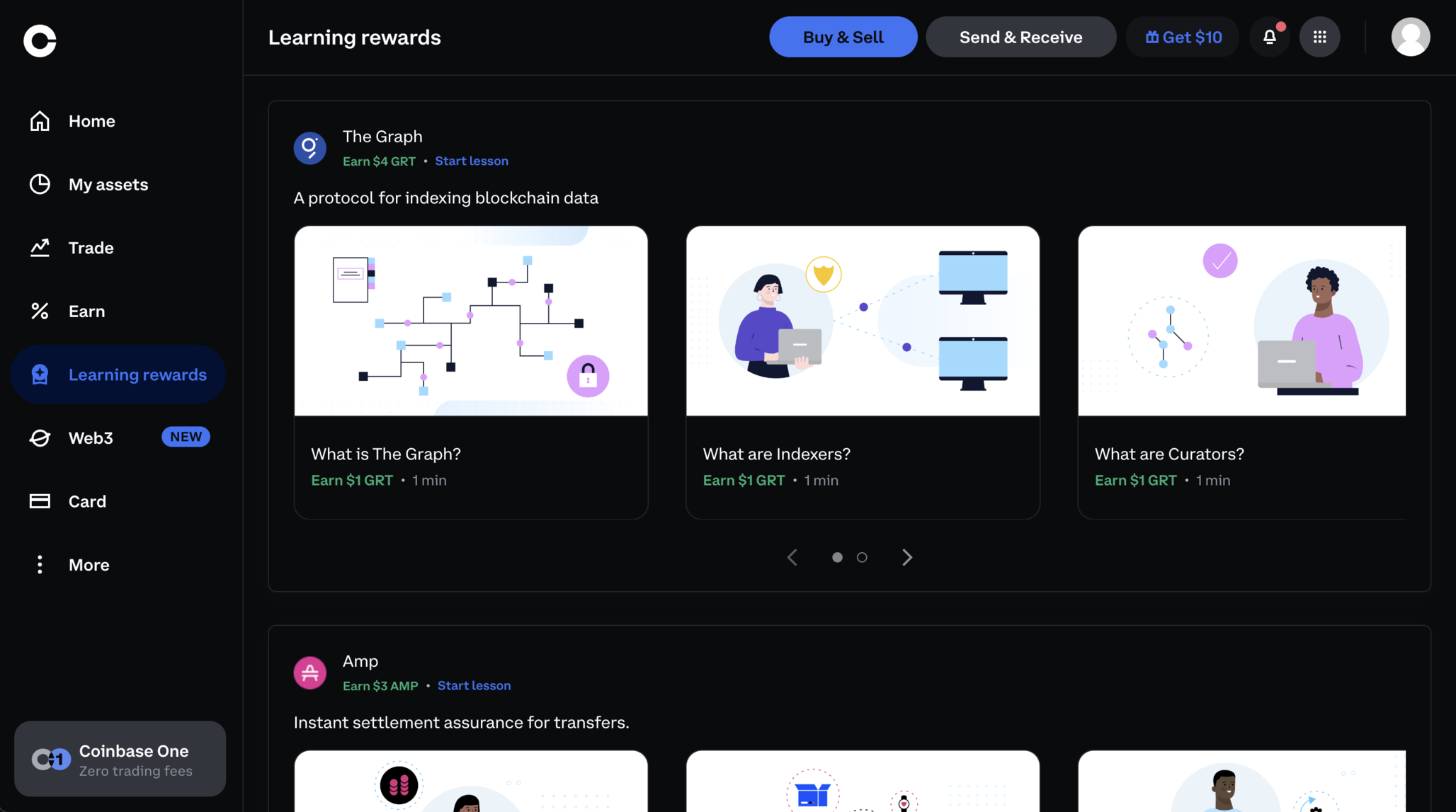Introduction
Customer reviews have become an indispensable asset for B2B companies looking to build trust, credibility, and brand awareness. In today's digital landscape, potential clients often turn to reviews and testimonials before making purchasing decisions. This is where customer review software comes into play, offering a powerful solution for businesses to collect, manage, and leverage customer feedback effectively.
As a B2B growth marketer, understanding the nuances of customer review software and its impact on your marketing strategy is crucial. This comprehensive guide will explore the world of customer review software, its benefits, key features, and how to choose the right solution for your business. We'll also delve into best practices for implementing and maximizing the potential of these tools to drive growth and customer satisfaction.
Table of Contents
- Understanding Customer Review Software
- The Importance of Customer Reviews for B2B Companies
- Key Features of Customer Review Software
- Benefits of Implementing Customer Review Software
- Choosing the Right Customer Review Software
- Best Practices for Implementing Customer Review Software
- Leveraging Customer Reviews for B2B Growth
- Challenges and Solutions in Managing Customer Reviews
- The Future of Customer Review Software
- Conclusion
Understanding Customer Review Software
Customer review software is a specialized tool designed to help businesses collect, manage, and showcase customer feedback across various platforms. These solutions typically offer features such as review collection, moderation, analytics, and integration with other marketing tools. By centralizing the review management process, businesses can gain valuable insights into customer sentiment, identify areas for improvement, and leverage positive feedback to attract new clients.
For B2B companies, customer review software plays a crucial role in building social proof and establishing credibility in a competitive marketplace. It enables businesses to harness the power of word-of-mouth marketing in a digital format, influencing potential customers' decision-making processes and driving conversions.
The Importance of Customer Reviews for B2B Companies
Customer reviews hold significant weight in the B2B sector, where purchasing decisions often involve higher stakes and longer sales cycles. Here's why customer reviews are particularly important for B2B companies:
Building Trust and Credibility: Positive reviews from satisfied clients serve as powerful testimonials, building trust with potential customers and establishing your company as a reliable partner.
Influencing Purchasing Decisions: B2B buyers often rely on peer recommendations and experiences when evaluating potential vendors. Reviews provide valuable insights that can sway decision-makers in your favor.
Improving Search Engine Visibility: Customer reviews can boost your search engine rankings by providing fresh, relevant content and improving your local SEO performance.
Gathering Valuable Feedback: Reviews offer honest feedback about your products or services, helping you identify areas for improvement and refine your offerings.
Differentiating from Competitors: A strong collection of positive reviews can set you apart from competitors and position your company as a leader in your industry.
Key Features of Customer Review Software
When evaluating customer review software for your B2B company, look for the following essential features:
Multi-Platform Review Collection: The ability to gather reviews from various sources, including your website, social media platforms, and third-party review sites.
Automated Review Requests: Tools to automate the process of soliciting reviews from customers at strategic touchpoints in their journey.
Review Moderation and Management: Features that allow you to monitor, respond to, and manage reviews across multiple platforms from a centralized dashboard.
Sentiment Analysis: AI-powered tools that analyze review content to determine overall sentiment and identify trends in customer feedback.
Review Display and Widgets: Customizable widgets and displays to showcase positive reviews on your website and marketing materials.
Integration Capabilities: Seamless integration with your existing marketing stack, including CRM systems, email marketing platforms, and analytics tools.
Reporting and Analytics: Comprehensive reporting features that provide insights into review trends, customer satisfaction metrics, and areas for improvement.
Review Response Templates: Pre-approved response templates to help streamline the process of replying to customer reviews consistently and professionally.
Competitive Benchmarking: Tools to monitor and analyze competitor reviews, allowing you to gauge your performance against industry standards.
Mobile Accessibility: Mobile apps or responsive interfaces that enable review management on-the-go.
Benefits of Implementing Customer Review Software
Adopting customer review software can yield numerous benefits for B2B growth marketers:
Enhanced Online Reputation: By actively managing and showcasing positive reviews, you can build a strong online reputation that attracts potential clients.
Increased Customer Trust: Transparent review management demonstrates your commitment to customer satisfaction, fostering trust with both existing and potential clients.
Improved Customer Insights: Analytics and sentiment analysis features provide valuable insights into customer preferences, pain points, and overall satisfaction levels.
Higher Conversion Rates: Positive reviews and testimonials can significantly impact conversion rates by providing social proof and reducing buyer hesitation.
Better Search Engine Rankings: Fresh, user-generated content in the form of reviews can improve your search engine visibility and local SEO performance.
Streamlined Review Management: Centralized dashboards and automation features save time and resources in managing reviews across multiple platforms.
Competitive Advantage: A robust review management strategy can set you apart from competitors who may not be leveraging customer feedback effectively.
Informed Product Development: Customer feedback gathered through reviews can guide product improvements and new feature development.
Enhanced Customer Engagement: Responding to reviews demonstrates your commitment to customer satisfaction and opens up opportunities for meaningful engagement.
Data-Driven Decision Making: Analytics and reporting features provide actionable data to inform your marketing and customer experience strategies.
Choosing the Right Customer Review Software
Selecting the ideal customer review software for your B2B company requires careful consideration of your specific needs and goals. Here are some factors to consider:
Business Size and Scalability: Choose a solution that can accommodate your current needs and scale as your business grows.
Industry-Specific Features: Look for software that caters to the unique requirements of your industry or niche.
Integration Capabilities: Ensure the software integrates seamlessly with your existing tech stack and workflows.
User-Friendliness: Opt for an intuitive interface that your team can easily adapt to and use effectively.
Customization Options: Look for solutions that offer customizable features to align with your brand and specific use cases.
Customer Support: Consider the level of customer support offered, including onboarding assistance and ongoing technical support.
Pricing Structure: Evaluate the pricing model and ensure it aligns with your budget and expected ROI.
Security and Compliance: Verify that the software meets industry standards for data security and compliance, especially if you operate in regulated industries.
Mobile Functionality: If your team needs to manage reviews on-the-go, prioritize solutions with robust mobile apps or responsive interfaces.
Analytics and Reporting: Choose software with comprehensive analytics and reporting features that align with your KPIs and business objectives.
Best Practices for Implementing Customer Review Software
To maximize the benefits of your chosen customer review software, follow these best practices:
Develop a Review Collection Strategy: Create a systematic approach to soliciting reviews at key touchpoints in the customer journey.
Train Your Team: Ensure all relevant team members are trained on how to use the software effectively and respond to reviews appropriately.
Set Clear Guidelines: Establish guidelines for review moderation, response times, and tone of voice when interacting with reviewers.
Regularly Monitor and Respond: Make it a priority to monitor reviews consistently and respond promptly, especially to negative feedback.
Leverage Positive Reviews: Showcase your best reviews across marketing channels to build social proof and attract new clients.
Address Negative Feedback: View negative reviews as opportunities for improvement and respond professionally to demonstrate your commitment to customer satisfaction.
Analyze Review Data: Regularly review analytics and reports to identify trends, areas for improvement, and opportunities for growth.
Integrate with Other Marketing Efforts: Incorporate review data and testimonials into your broader marketing strategy, including content marketing and social media campaigns.
Encourage Internal Collaboration: Foster collaboration between marketing, customer service, and product teams to act on insights gained from reviews.
Stay Compliant: Ensure your review collection and management practices comply with relevant regulations and platform guidelines.
Leveraging Customer Reviews for B2B Growth
Customer reviews can be powerful drivers of growth for B2B companies when leveraged strategically:
Case Studies and Success Stories: Use detailed positive reviews as the basis for in-depth case studies and success stories.
Social Media Amplification: Share standout reviews and testimonials across your social media channels to extend their reach.
Email Marketing: Incorporate positive reviews and testimonials into your email marketing campaigns to build credibility and encourage engagement.
Sales Enablement: Equip your sales team with relevant reviews and testimonials to address prospect concerns and objections.
Content Marketing: Use insights from reviews to inform your content strategy and create valuable resources that address common customer pain points.
Personalized Marketing: Leverage review data to segment your audience and deliver more personalized marketing messages.
Product Development: Use customer feedback from reviews to guide product improvements and new feature development.
Competitive Analysis: Analyze competitor reviews to identify gaps in the market and opportunities for differentiation.
Partner and Influencer Collaborations: Use positive reviews to attract potential partners and influencers in your industry.
Thought Leadership: Showcase your expertise by creating content that addresses common themes or questions raised in customer reviews.
Challenges and Solutions in Managing Customer Reviews
While customer review software offers numerous benefits, B2B companies may face certain challenges in managing reviews effectively:
Challenge: Encouraging busy B2B clients to leave reviews. Solution: Implement a streamlined review process and offer incentives such as exclusive content or early access to new features.
Challenge: Dealing with negative reviews. Solution: Develop a protocol for addressing negative feedback professionally and use it as an opportunity to demonstrate your commitment to customer satisfaction.
Challenge: Maintaining consistency across multiple review platforms. Solution: Utilize customer review software with multi-platform management capabilities to ensure a consistent brand voice and response strategy.
Challenge: Ensuring the authenticity of reviews. Solution: Implement verification processes and use software features that help detect and prevent fraudulent reviews.
Challenge: Balancing transparency with brand protection. Solution: Develop clear guidelines for review moderation that maintain transparency while protecting your brand from inappropriate or malicious content.
The Future of Customer Review Software
As technology continues to evolve, customer review software is likely to incorporate new features and capabilities:
AI-Powered Insights: Advanced AI algorithms will provide deeper insights into customer sentiment and predictive analytics.
Voice and Video Reviews: Platforms will increasingly support multimedia reviews, allowing for richer, more engaging feedback.
Blockchain for Review Verification: Blockchain technology may be used to ensure the authenticity and immutability of reviews.
Integration with Customer Experience Platforms: Review software will become more tightly integrated with broader customer experience management tools.
Personalized Review Experiences: AI will enable more personalized review collection and display experiences based on individual user preferences and behavior.
Conclusion
Customer review software has become an essential tool for B2B growth marketers looking to harness the power of social proof and customer feedback. By implementing the right solution and following best practices, you can enhance your online reputation, gain valuable insights, and drive sustainable growth for your business.
As you evaluate customer review software options, remember to focus on solutions that align with your specific needs, integrate seamlessly with your existing tech stack, and offer robust features for review collection, management, and analysis. With the right approach, customer reviews can become a powerful asset in your B2B marketing arsenal, helping you build trust, attract new clients, and stay ahead of the competition.
By staying attuned to emerging trends and continuously refining your review management strategy, you'll be well-positioned to leverage customer feedback as a catalyst for long-term success in the dynamic B2B marketplace.







